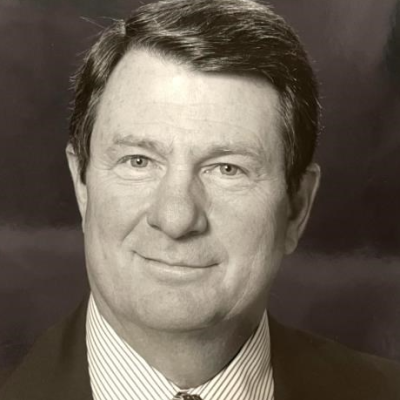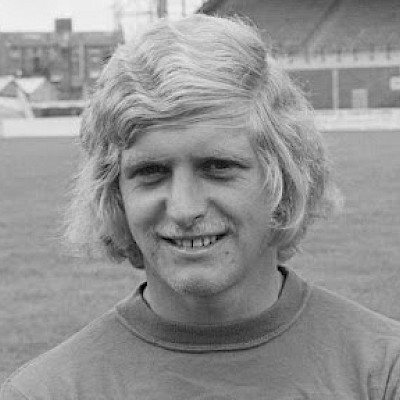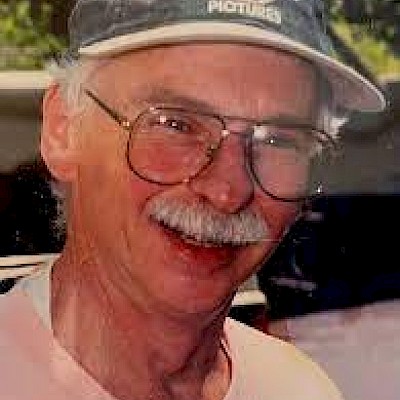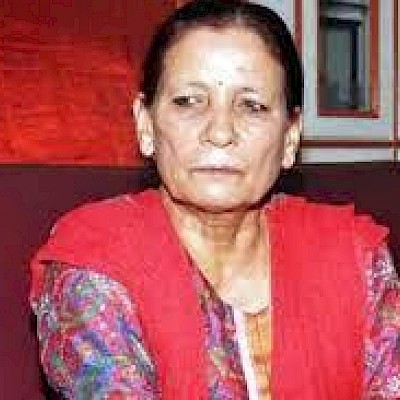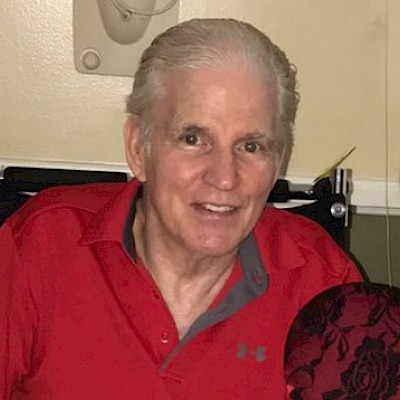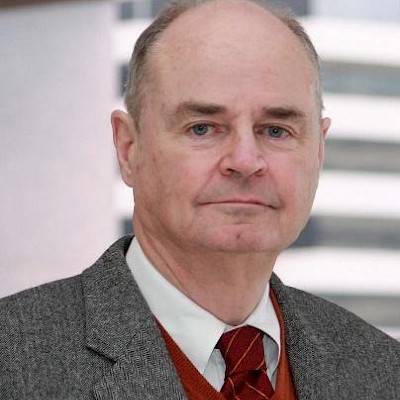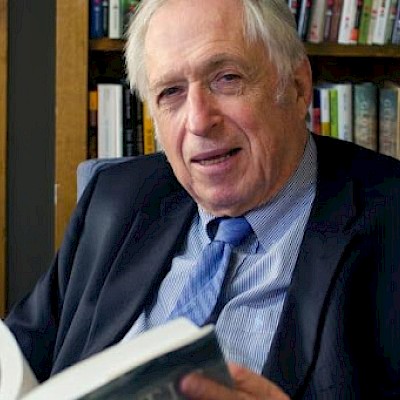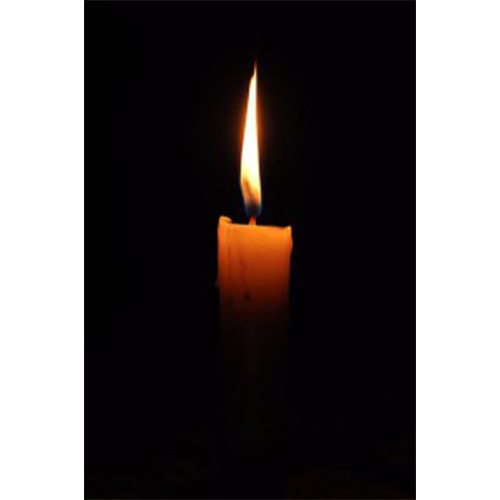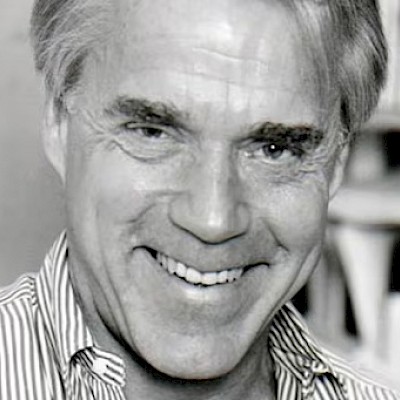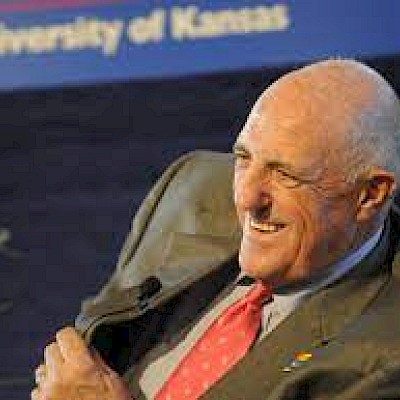
Lew Perkins
Lew Perkins, former athletic director at the University of Kansas and Wichita State University, died Tuesday morning in Lawrence at the age of 78. Perkins’ passing was the result of side effects from Parkinson’s Disease, a family member told The Star. A former college basketball player who graduated from the University of Iowa in 1967, Perkins was Athletic Director (AD) at Wichita State from 1983-87 and KU’s AD from 2003-10. He also served as AD at UConn (1990-2003,) Maryland (1987-90) and South Carolina-Aiken (1969-80). He was associate AD at Penn from 1980-83.
Perkins was elected to the Naismith Memorial Basketball Hall of Fame Board of Trustees in 2005. He served on the NCAA Championships & Competition Cabinet and the NCAA Bowl Certification Committee. Perkins was athletic director at KU in 2008 when the Jayhawks won the NCAA men’s basketball title and the Orange Bowl. The Orange Bowl victory capped a school-record 12-win season. KU also won the 2008 Insight Bowl — marking the first time in school history that KU played in bowl games in back-to-back seasons.
“Lew was first and foremost an advocate for student-athletes and coaches,” former KU associate athletic director Jim Marchiony told The Star. “He expected 100% effort and strove for excellence with every fiber of his being. Those expectations rubbed off on an impressive number of people who worked for him and went on to enjoy very successful careers in college athletics.” Marchiony, who worked with Perkins at UConn and KU, added: “Lew spoke often and fondly about his days at both KU and Wichita State. The fact that they (Perkins and wife Gwen) stayed and lived in Kansas after his tenure at KU speaks volumes about what he thought of the state of Kansas and the Midwest.”
After retiring from his post at KU in September 2010, Perkins and his wife moved to New Orleans for a brief period of time before returning to Lawrence. There were many facility upgrades during Perkins’ KU tenure, including $10 million worth of renovations to Allen Fieldhouse completed in 2005-06. At the time, another $15 million was approved for fieldhouse upgrades. Also, the Booth Family Hall of Athletics was added to the fieldhouse at a cost of $5 million. The Anderson Family Football Complex officially opened on July 30, 2008, adjacent to the football field at Memorial Stadium, at a cost of $31 million.
In 2009, $42 million in improvements for a new basketball practice and training facility, locker rooms, donor atrium, concourses and other upgrades to Allen Fieldhouse were completed. Another $8 million was spent for improvement of KU’s student-athlete housing. Other projects during Perkins’ tenure included new baseball and softball facilities and a boathouse for the rowing team. In 2008, TIME magazine named Perkins one of the top 35 sports executives in the world. He was the only college administrator on the list.
“Lew did a lot of good things in his time here at KU,” KU basketball coach Bill Self said. “He was a big contributor in us changing the mindset of the athletic department and also competing for championships on a more consistent level. Our hearts go out to Gwen and the family. The one thing I will remember most about Lew was he always put the student-athletes first, and the student-athletes that got to know him well all loved him.” Current AD Travis Goff said: ““Lew made an indelible impact on Kansas Athletics and served his role at KU with passion and vigor on a daily basis. We will forever be grateful for his dedication to this university and athletic department. We are thinking of Lew’s amazing family during this time and sending our deepest thoughts and sympathies.”
Perkins’ tenure at KU also included a scandal involving the KU athletic department ticket office. Federal charges were filed by the FBI and IRS against five employees of the athletic department, as well as one consultant. Perkins was not implicated in the scandal but some of the employees charged with crimes were either hired by Perkins or promoted during his years at KU. Of the scandal, he said in May 2010: “We had the wrong people hired for the wrong jobs.” Of being an AD, he told The Star’s Vahe Gregorian: “Being an athletic director, I don’t care where, it’s not easy. People think it’s just fun and games. It’s a hard job.”
Perkins served on the Big 12’s Basketball Issues Committee and was chair of the Big 12 Board of Athletics Directors. He was a member of the Big 12 Television Committee and the Gatorade Board of Directors. After Perkins announced his retirement in September 2010 at age 65, then-KU chancellor Bernadette Gray-Little said: “There is no question that Kansas athletics has benefited from Lew Perkins’ leadership. One need only look at the academic success of our student-athletes, at KU’s trophy cases and at our state-of-the-art athletic facilities to see those benefits. I appreciate his service and understand his decision (to retire).” At the time, Perkins said: “I am grateful that Chancellor (Robert) Hemenway allowed Gwen and me to come to Lawrence to be part of the great university. We love this community. We consider it home. This decision will give us a chance to stay involved in the community in different ways. It will also allow me to explore other professional opportunities.”
He was honored in 2000 as the National Athletic Director of the Year, as selected by Street & Smith’s Sports Business Journal and the National Association of Collegiate Directors of Athletics (NACDA). At Perkins’ urging, the Connecticut state legislature funded a $90 million, 40,000-seat stadium for UConn in Hartford, Conn. It opened in August 2003. A native of Chelsea, Mass., Perkins was inducted into his high school Hall of Fame in 1989. He played basketball at Iowa (1965-67) for KU graduate Ralph Miller, a member of the Naismith Memorial Basketball Hall of Fame. Perkins earned his undergraduate degree at Iowa in 1967. Perkins served as athletic director (1969-80) and head basketball coach (1969-79) at the University of South Carolina Aiken. He received his masters degree in education (1975) from the University of South Carolina. Perkins delivered the commencement address and received an honorary Doctor of Education degree at USC-Aiken in May 2005.
•
Remembering Lew Perkins
Use the form below to make your memorial contribution. PRO will send a handwritten card to the family with your tribute or message included. The information you provide enables us to apply your remembrance gift exactly as you wish.

